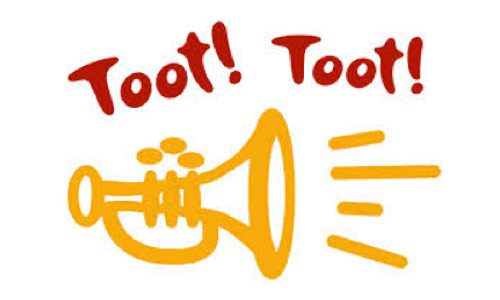Ok I'll bite. No, it doesn't?
The mind is our cognitive abilities. (Thoughts, experience, sensation, memory, consciousness.) In our mind we hold beliefs about the world and about the self. Beliefs can be true (in that they correspond to reality) or false (in that they don't). Beliefs that are false, are inherently self limiting. Self limiting beliefs reduce freedom. ("I can't do math because I'm a girl and girls are bad at mathematics, so I won't even try", "I'm a soldier, I must follow all orders unquestionably", "all men are pigs so I'm staying single", etc). But people differ in the amount of false or self limiting beliefs they hold. So, a person who holds less self limiting beliefs has more freedom.
Thing is, we are not always aware of the beliefs we (our mind) holds. So in a sense, yes, you are only as free as your mind allows you to be? (And you can increase your freedom by becoming aware of false or self limiting beliefs and changing them accordingly.)
Thanks for this, LJ

I have bolded the last part of your argument because it will help me show later that, although mostly compelling, it is made circular by a false premise. Correct me if I’m simplifying too much, but what you are saying in a nutshell is this:
1. The mind is our cognitive faculties
2. Our cognitive faculties are not infallible (as is exemplified in false beliefs)
3. The fallibility of the cognitive faculties, as exemplified in false beliefs, limits freedom
4. Therefore the mind limits freedom
5. Therefore you are only as free as your mind allows you to be.
The fallacy happens in the transition from 4 to 5. Insofar as the cognitive faculties are used in the formulation of judgements and those judgements inform actions, the cognitive faculties do have an impact on what actions we choose to perform. I understand that this could be said to amount to a limiting of freedom. But it’s not really “the mind” as a separate entity that limits it, or “allows” the self to be more or less free. It is mistaken, I think, to assume that the locus of freedom is inside the mind.
The first reason is circularity of argument: you can’t impact upon those fallible faculties by “becoming aware” of their fallibility without making use of those very faculties, i.e. you can’t become more free by using what limits your freedom in order to improve what limits your freedom. The second reason is infinite regress: if we envisage that the mind has the power to “allow” the self to be more or less free, we must inevitably ask what gives the mind that power, and come to the conclusion that the mind itself has freedom. But this seems absurd. Surely the cognitive faculties do not belong to the mind as a separate entity, but to human being itself, and “the mind” is only a manner of referring to those cognitive faculties insofar as they feature in the everyday decision-making of human being.
Incidentally, this is close to what Sartre called the transcendence of the ego. The ego (the self) must not be thought of as “benefiting” from some kind of magical access to mind, or consciousness, or whatever word may all too quickly be assumed to exist as a separate entity that “contains thoughts” or “possesses freedom”; instead the ego, according to Sartre, is the transcendental unity of the cognitive faculties that you mentioned in your post. It is essentially a neo-Kantian argument but so far as the discussion of freedom is concerned, I still believe it to be the most convincing one. A useful way to consider this is to suggest that my mind is not an entity separate from myself, to which I have access to, but simply one way of looking at myself, and of talking about the single entity that is
I. The I, the "subject" of freedom, is not the mind but the transcendence of the ego.
Let me know your thoughts!

